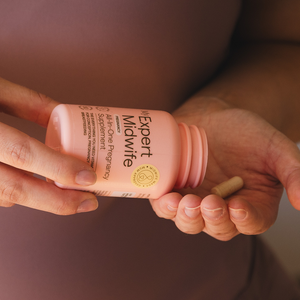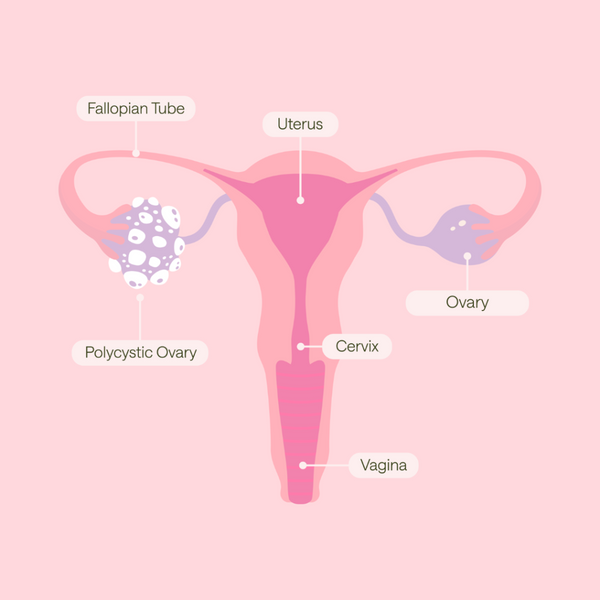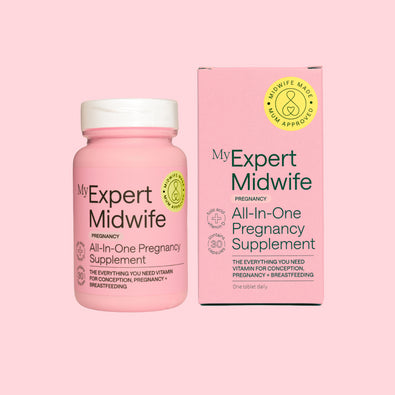This guide will tell you everything you need to know about colic in babies, including:
- What colic is
- Colic baby symptoms
- Causes of colic
- How to soothe colic baby
Many parents and carers of babies will have experienced colic before or at least heard about it. By the end of this blog, you should feel more confident about recognising it and knowing how to help your baby if they are affected.
What is Colic?
Healthy babies who have grown and developed normally may have a sudden onset of distressing symptoms.
If your baby displays any or all of the symptoms outlined below, and you are assured that your baby is otherwise well, it may suggest they have developed colic.
Frequently discussed by new parents and healthcare professionals alike, colic is a familiar term – but what exactly is it?
- Colic is a combination of symptoms: crying, fussing, and grizzling, in healthy babies
- Babies with colic often cry for prolonged periods, often for more than 3 hours, and may be fussy between those periods
- Crying usually occurs in patterns where babies will cry at the same time each day

Symptoms of Colic in Babies
Colic in babies often starts at around 4-6 weeks old and may last weeks or months, usually disappearing when the baby is 3-6 months old.
There are several symptoms that you may be able to identify in your baby. However, you mustn't presume symptoms are caused by colic - always ask the advice of a healthcare professional if your baby appears unwell.
Colic symptoms include:
- Crying for more than 3 hours a day for at least 3 days a week
- Pulling their knees up to their tummy
- Clenching their fists
- Tight tummy
- Red (flushed) face
- Grizzling/fussing for several hours a day
- Passing lots of wind
- Arching their back
- Struggling to soothe or settle
- Grumbling tummy sounds
Causes
Colic is a condition that does not have a specific known cause for its symptoms. However, it is thought that the following may all contribute:
- An immature digestive system
- Allergies and intolerances to foods – including ingredients in formula milk or foods passed on via your breast milk
- Overfeeding
- Underfeeding
- An imbalance of gut bacteria (gut microbiome) - read more about the microbiome here
- A build-up of gassy bubbles in your baby’s tummy from feeding too quickly or ingesting a lot of air when bottle-feeding (whether this is with expressed breastmilk or formula milk)
- Ingesting air from crying, which causes a build-up of wind in their tummies
How to soothe your baby's colic

Parents with babies suffering from colic report that they often find it difficult to soothe them and that sometimes the more they do, the more distressed their babies become.
Sometimes, no matter what you try, your baby will remain upset and continue to display some of the signs of colic in babies mentioned above.
The following are suggestions of things that may help soothe your colicky baby:
- A nice warm (not hot) bath may help to relax and calm your fractious baby – some parents find that swaddling their baby for a bath can also help
- Skin-to-skin has been known to have calming benefits for babies and parents alike. Learn more about the benefits of skin-to-skin contact here
- White noise can be used to soothe upset babies – you can turn on an appliance that naturally produces white noise, such as a washing machine or vacuum cleaner, or even a White Noise app on your phone or tablet
- Hold your baby face down, across your arm or lap, or upright against your shoulder, and gently massage their back using a baby-specific massage product such as our Mega Calm Massage Balm. This simple massage can help bring gassy bubbles together, making them easier to expel
- Swaddling in a muslin or blanket can make them feel safe and calmer
- Wearing your baby in a sling around the house & for outings. Their closeness to you, the rocking motion, and the pressure of their tummy against you will help soothe them
- Go for a walk with your baby placed in a pram, wrap or sling, or go for a drive with the baby in a secure car seat
- Gently rock your baby in your arms or a rocker chair
- Discuss with your healthcare providers about using an over-the-counter colic remedy
- Keep a food diary if you are breastfeeding your baby. They may be sensitive to something that has been passed to them via your breast milk. Caffeine, alcohol, and dairy are often recognised as potential triggers, but other foods can also trigger sensitivities. Read our guide on what to eat whilst breastfeeding for more information
If you suspect your baby is crying from pain or because they are unwell, always seek advice from a healthcare professional immediately. You can contact your GP, Midwife, Health Visitor or NHS 111. Or take them to A&E or ring 999 if there is an emergency.
The good news is colic will pass
The tips outlined above can help relieve you when struggling to soothe your colicky baby, but naturally, there will be instances where these tricks aren’t quite enough.
If you are concerned that your baby is crying because they are unwell, or you are worried about their symptoms worsening, contact your GP or the hospital for further investigation.
If you are overwhelmed by a crying or unsettled baby, ask for help from family, friends, or healthcare providers.
Never shake your baby - persistent crying can be triggering, so remove yourself from the situation until you feel calm enough to tend to your baby gently. ICON has some helpful information and resources about how to cope with the demands of a crying baby.
Try massage to ease your baby's colic symptoms
Our expert midwives have developed a massage cream called Mega Calm Massage Balm, specially designed for the softest, gentlest baby skin. It can be a great way to soothe your baby and help relieve symptoms of colic.



















